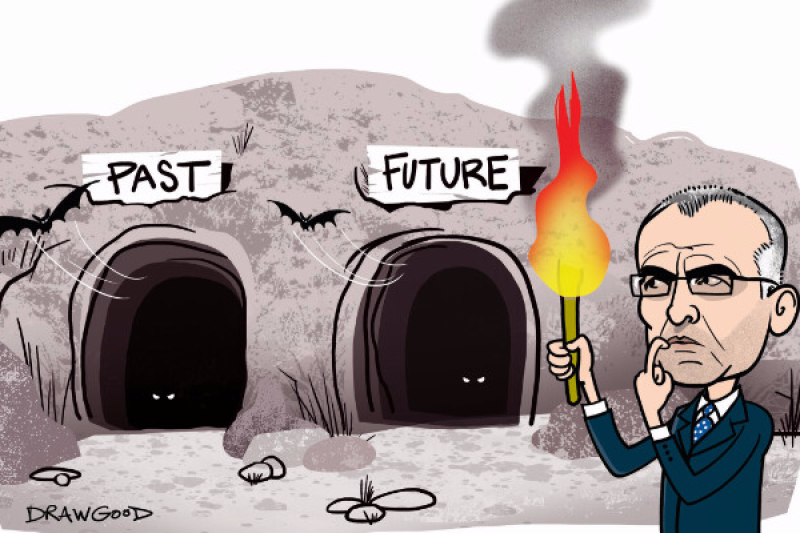
|
It is mid-morning on May 5, and Turkey’s capital Ankara is, if not in turmoil, then undergoing a reasonable approximation of it.
For days, rumours have rippled through the city that Turkey’s increasingly autocratic president Recep Tayyip Erdogan has claimed another in a long line of scalps, this time the head of the well-liked prime minister Ahmet Davutoglu. The markets, too, are uneasy, with the lira and Borsa Istanbul’s benchmark index suffering the biggest falls of the year.
As rumours of Davutoglu’s exit become fact, an edginess descends over Ankara and government buildings like the finance ministry, headed since last November by Naci Agbal, one of the few not cited as Davutoglu’s possible replacement.
A former taxman who became a member of parliament only last year at Erdogan’s urging, Turkey’s new finance minister has a reputation for departmental efficiency. Amid the hubbub, Agbal is keen to project an air of business-as-usual, insisting that Turkey is stable, that there’s nothing for international markets to worry about.
“It’s just politics,” he maintains, only background noise as if that does not matter in a buffer state overrun by Syria’s refugee crisis and that has endured two divisive elections in six months, as Erdogan sought the outcome he demanded.
